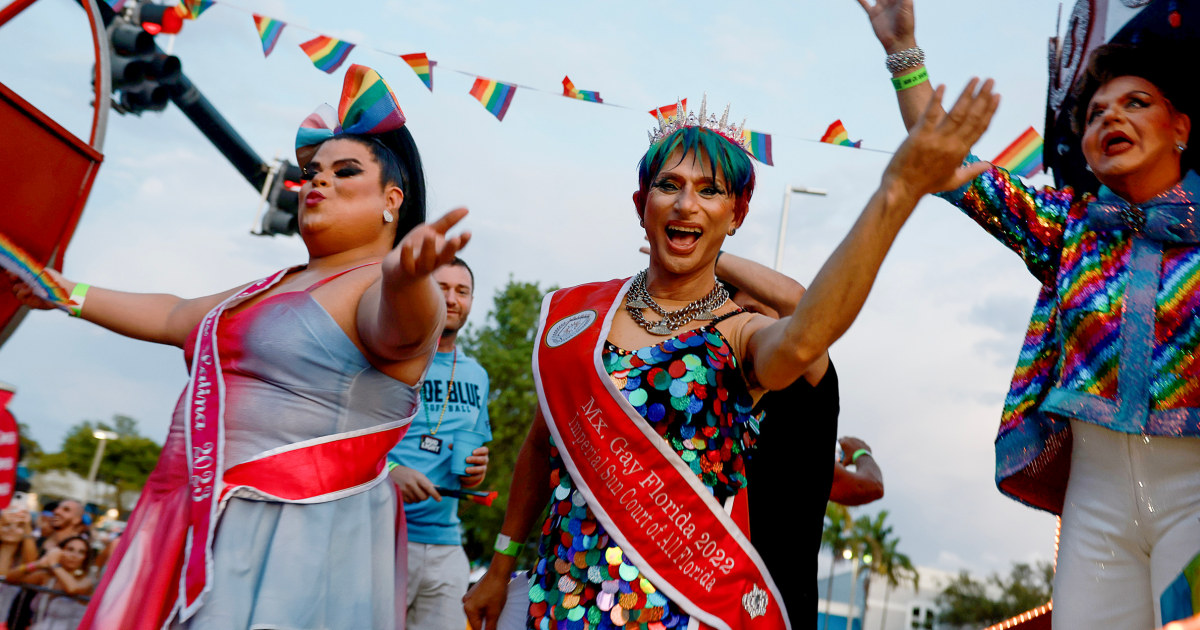WASHINGTON — The U.S. Supreme Court on Thursday rejected Florida’s bid to enforce a state law that targets drag show performances that, challengers say, imposes unlawful restrictions on free speech.
The court, divided 6-3, with three conservatives dissenting, turned away an emergency request from Florida officials after lower courts blocked the law statewide. The majority did not explain its reasoning.
…
The three justices who would have granted the state’s request were Clarence Thomas, Samuel Alito and Neil Gorsuch.
A district court judge blocked the law under the First Amendment in part because it was too vaguely written, with key terms such as “lewd conduct” not defined. The Atlanta-based 11th U.S. Circuit Court of Appeals left that ruling in place.
-
No surprise who voted to allow Florida to impose vaguely worded laws it could twist any way it wanted
-
It’s all about the vagueness.
-
“Supreme Court too busy on its 14th private-donor-funded vacation this week to bother upholding Florida’s anti-drag law,” Justice Kegan heard screaming from a jet ski off the coast of Saint Martin.
Kavanaugh and Barrett only joined the majority opinion on a super specific technicality just FYI. There is no way they did not want this to go ahead and be enforced in Florida.
Trying to translate from legal wording:
It sounds like the district court blocked the law due to first amendment violation. But Florida presented it to the Supreme Court as a question of how much power the district court has on enforcement, rather than an issue of first amendment violation. So the Supreme Court declined that aspect, and not the first amendment issue itself.
Does that sound right, or did I misunderstand?
It’s depressing that they sound eager to throw the first amendment under the bus if it’s presented.
This is the best summary I could come up with:
WASHINGTON — The U.S. Supreme Court on Thursday rejected Florida’s bid to enforce a state law that targets drag show performances that, challengers say, imposes unlawful restrictions on free speech.
Ron DeSantis, who is seeking the Republican presidential nomination and has frequently leaned into culture war issues, signed the bill into law.
Officially dubbed the Protection of Children Act, the law makes it a crime to admit a child to an “adult live performance” that the state deems sexually explicit.
A district court judge blocked the law under the First Amendment in part because it was too vaguely written, with key terms such as “lewd conduct” not defined.
The restaurant’s lawyers said in court papers that the shows “are not harmful to minors but likely still run afoul of the act due to its overbreadth and vagueness.”
“This case is therefore an imperfect vehicle for considering the general question of whether a district court may enjoin a government from enforcing a law against non-parties to the litigation,” he wrote.
The original article contains 387 words, the summary contains 169 words. Saved 56%. I’m a bot and I’m open source!




